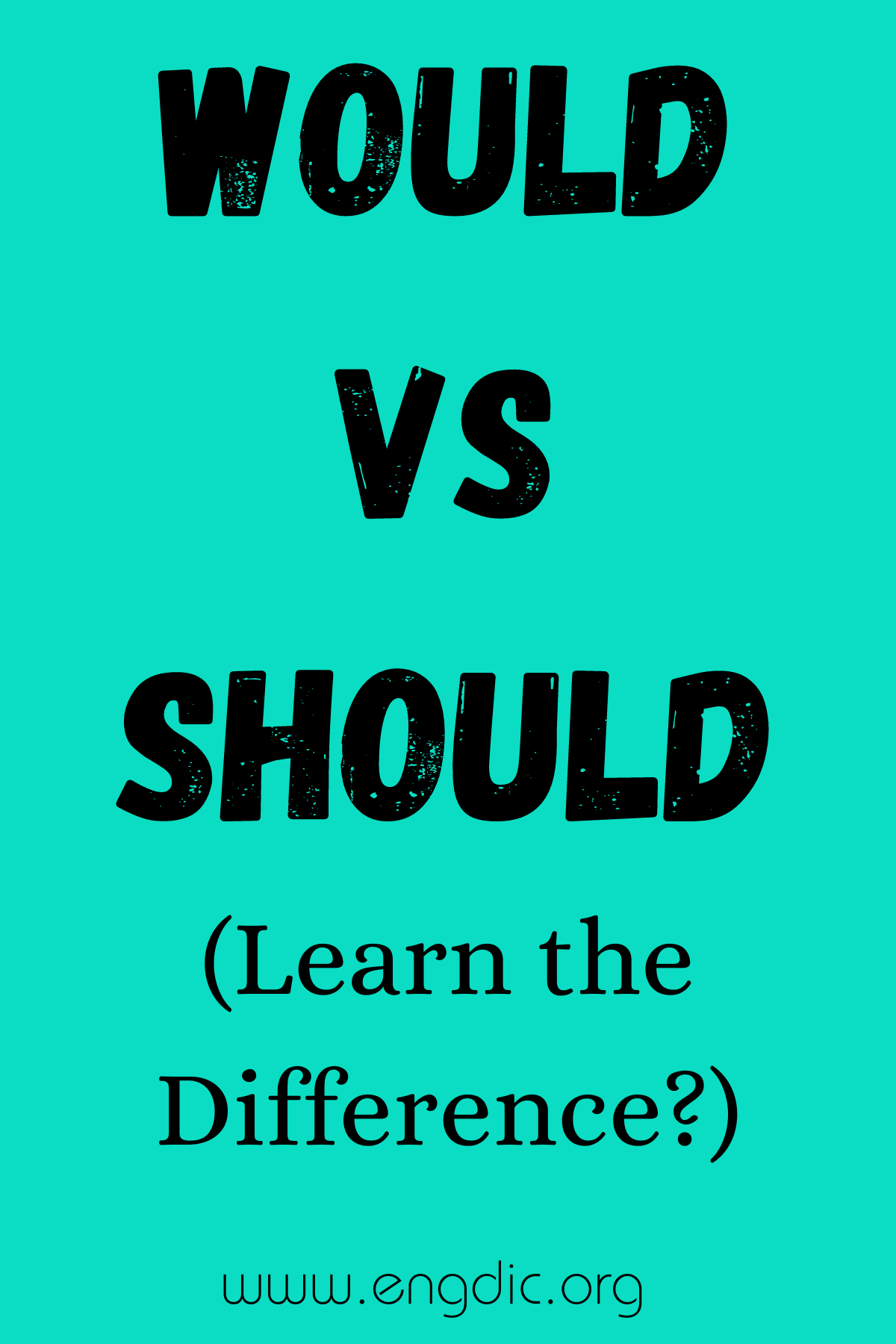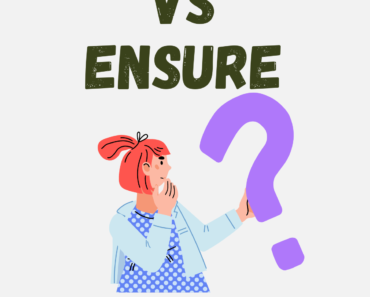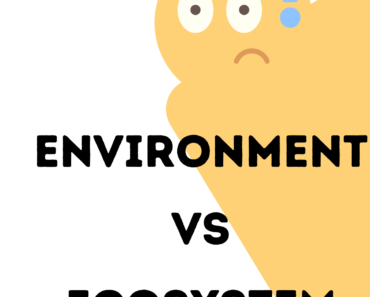When distinguishing between “would” and “should,” it’s essential to understand that “would” is typically used to express hypothetical scenarios or the past habits of an individual, whereas “should” suggests a recommendation, obligation, or expectation. While “would” deals more with possibilities and imaginations, “should” conveys a sense of duty or advisability.
Would
Definition: “Would” is the past tense of “will” but is often used in conditional sentences to express future events that are possible under certain conditions. It is also used to indicate willingness or a typical behavior in the past.
Usage and Examples:
- Conditional Statements:
- If I were you, I would go to the doctor.
- She said she would meet us at the cafe.
- Past Habits:
- When we were kids, we would go ice skating every winter.
- Politeness:
- Would you mind closing the door?
Should
Definition: “Should” is used to express advice, recommendations, or obligations. It is also employed to speculate about events that are expected or to express what is ideal or desirable.
Usage and Examples:
- Advice or Recommendations:
- You should see a doctor if the pain continues.
- They should lower the prices if they want to compete.
- Obligation:
- You should submit your assignment by Tuesday.
- Expectations:
- He should be here by now.







